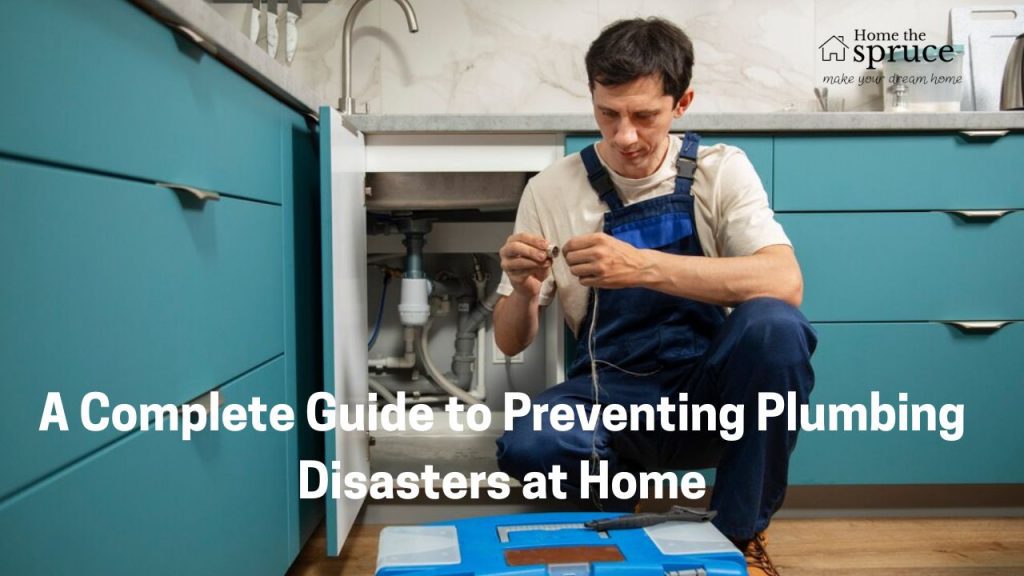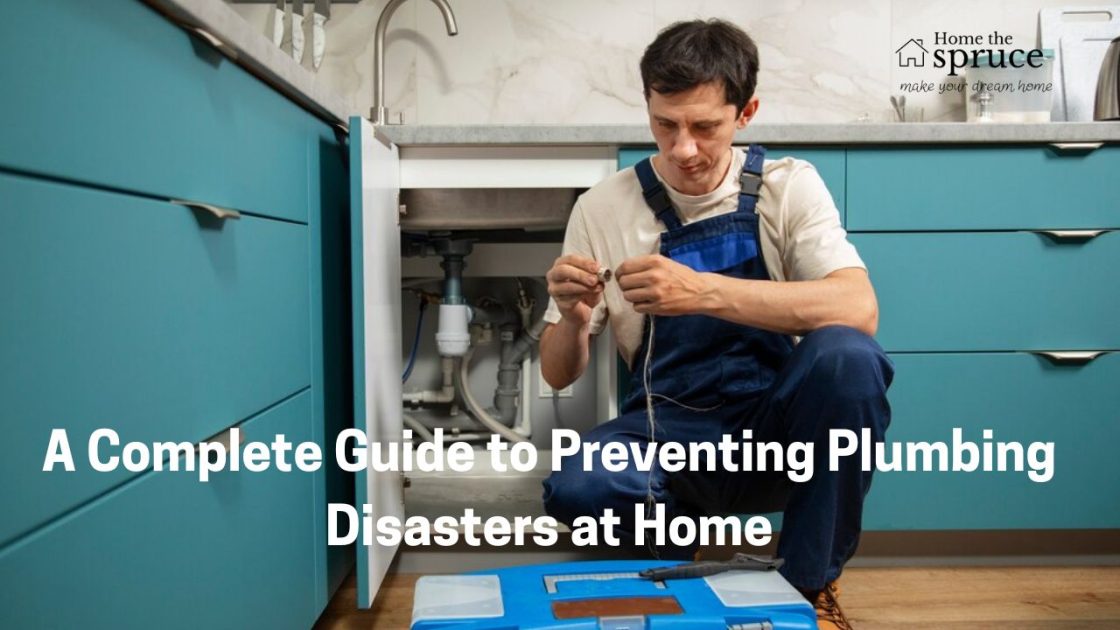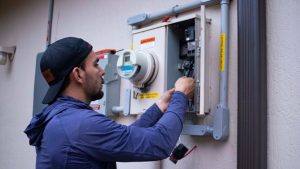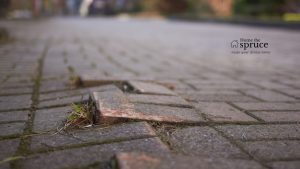Dealing with plumbing disasters is nobody’s idea of fun. Fortunately, most plumbing disasters can be totally avoided with a little bit of know-how. Before you’re ankle-deep in murky water or calling a plumber at midnight, let’s walk through a guide to keeping your pipes safe.

1. Know where your main shut-off valve is
If a pipe bursts or a faucet won’t stop gushing, you need to shut off your water fast. However, you’d be surprised how many people have no idea where the main water valve is. Don’t be that person. Find it (it’s usually in the basement, garage, or outside near the foundation), and make sure everyone in the house knows where it is as well.
2. Watch what goes down the drain.
If you’re pouring bacon grease down the kitchen sink or flushing “flushable” wipes, which, of course, are not flushable, you’re setting yourself up for clogs. Here’s a quick list of things that should never go down your drains:
- Grease or oil
- Coffee grounds
- Food scraps (even if you have a disposal)
- Hair (use a drain trap in the shower)
- Wipes, feminine products, cotton balls etc, just toss them in the trash.
If you’re dealing with frequent clogs, it might be time for a deeper clean.
3. Hydro jetting
Hydro jetting is a professional method that uses high-pressure water to blast through years of gunk, grease, and buildup inside your pipes. Unlike snaking, which just punches a hole through a clog, hydro jetting actually scours the pipe walls clean. It’s especially useful if you’ve got recurring clogs or slow drains, and it can help prevent nasty backups down the line. Plus, it’s eco-friendly, just water and pressure.
4. Insulate your pipes
Water expands when it freezes, and pipes can burst under pressure. The fix is to insulate any exposed pipes, especially those in unheated areas like basements, garages, and attics. Pipe insulation is cheap and easy to install. Just wrap it around the pipes and secure it. During super cold nights, let faucets drip slightly to keep water moving. It might waste a little water, but it’s better than the best pipe and a flooded basement.
5. Check for leaks
A leaky faucet or a slow drip under the sink might seem like no big deal, but over time, it can cause water damage, mold, and higher water bills. Not to mention, small leaks can grow into big problems fast. Take a monthly plumbing walk-through. Check under the sinks, around toilets, and near appliances like dishwashers and washing machines. When you spot a leak, fix it ASAP.
6. Get professional checkups
Your home plumbing needs a professional eye every now and then. A licensed plumber can spot small issues before they become emergencies. They can also assess if it’s time for any required services, especially if you live in an older home or deal with tree roots invading your lines.
Endnote
With a little prevention, some smart upgrades, and a trusty plumber on speed dial, you can avoid these problems altogether. Remember not to ignore when things start slowing down or smell funky.








